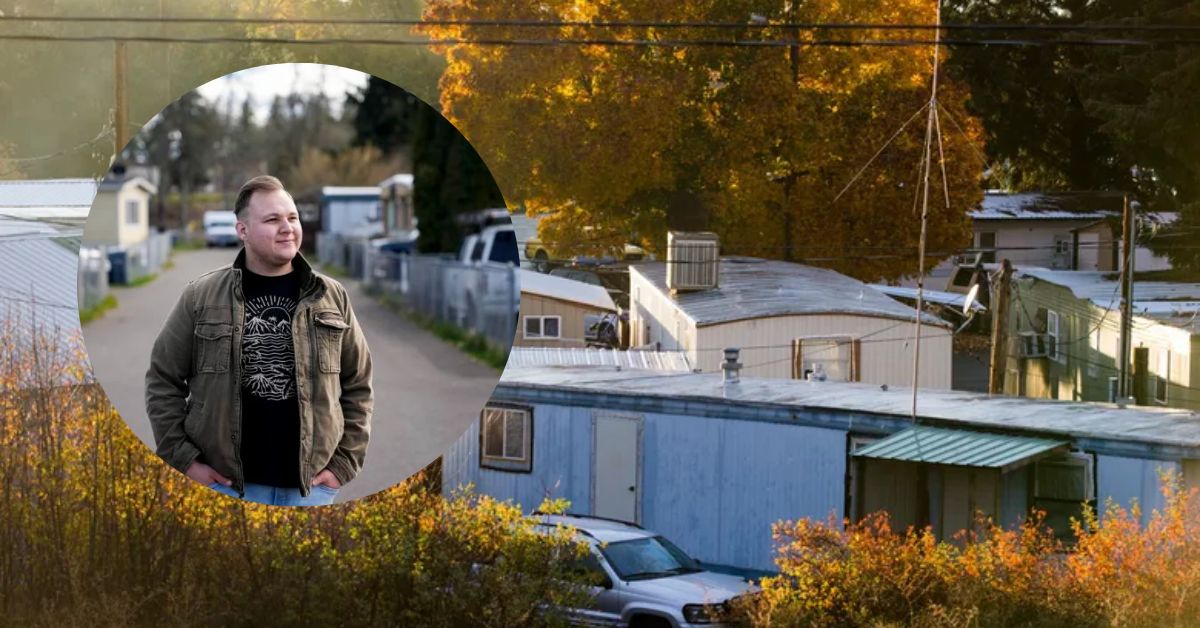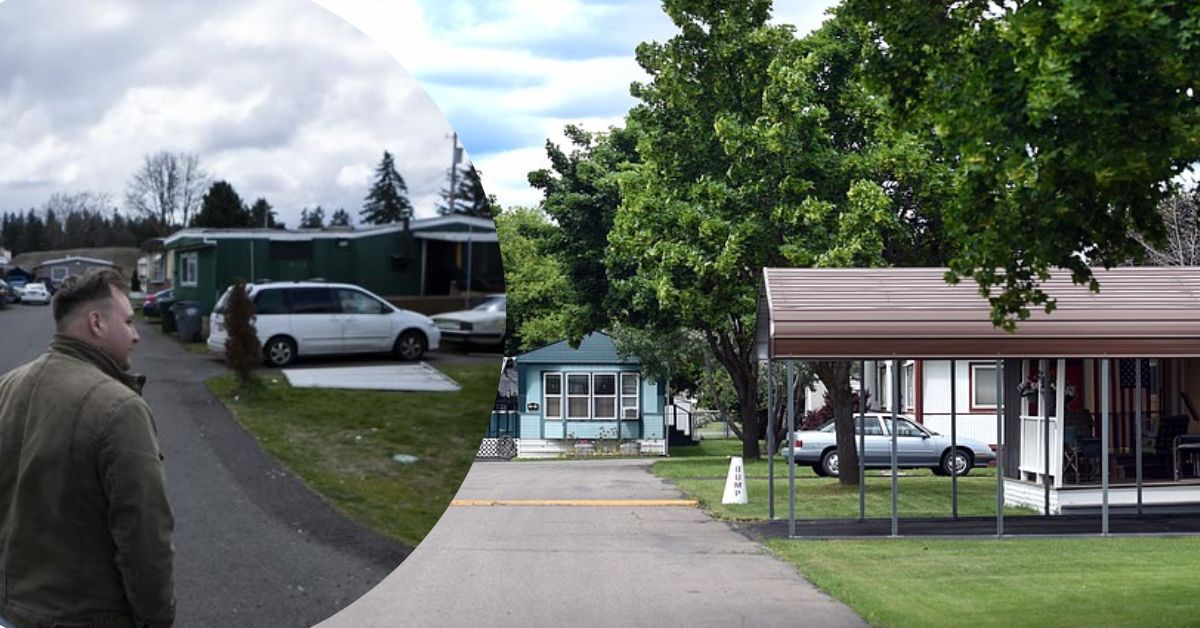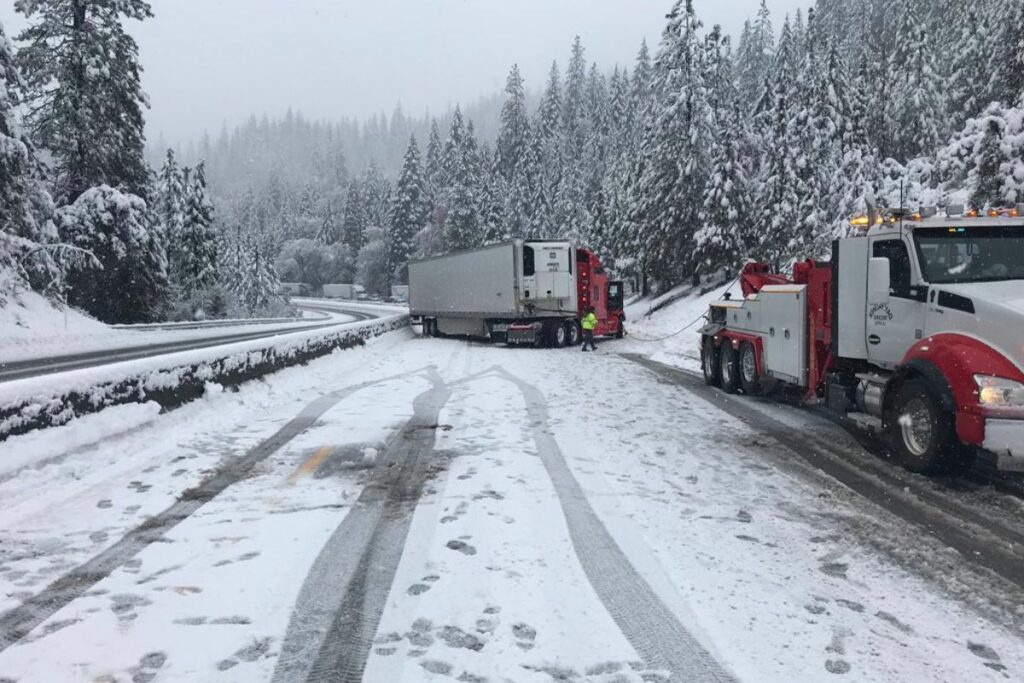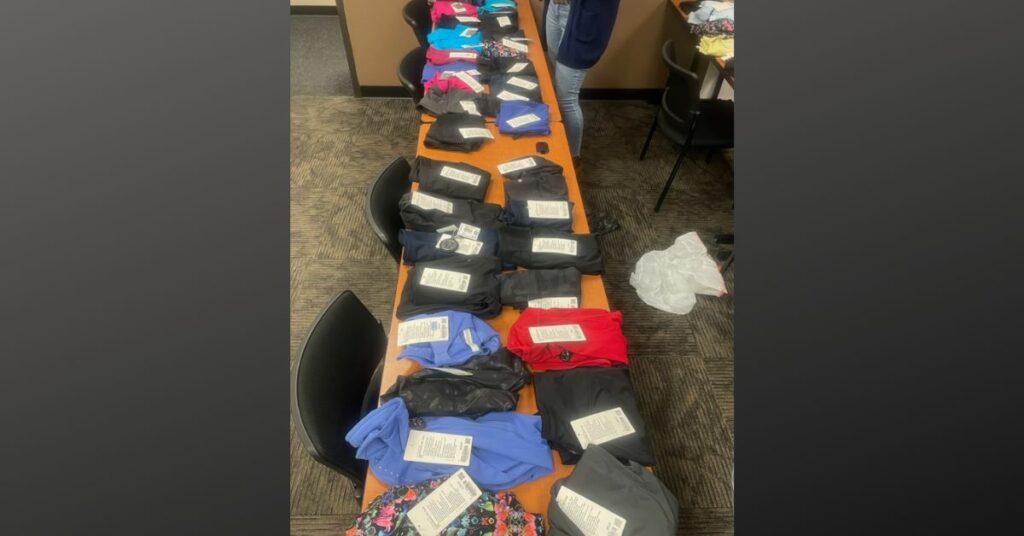When Gadiel Galvez found out the owner of his mobile home park south of Seattle was interested in selling, he and his fellow Latinx residents feared they might be forced to move. As a result, they got together to create a cooperative and acquire the Lakewood, Washington, park they were living in.
They paid $5.25 million for it, with assistance from a charity that advises and arranges finance for communities like theirs. After taking over in September, everyone has been hard at work making various upgrades.
“Everybody thought, ‘You know what? … I’m going to make this place the best that I can,'” said Galvez, 22, who is a co-op board member. “Some people painted their homes, some people remodeled their interiors and exteriors, and some are working on their roofs.”

As rents continue to rise in mobile home parks throughout the country, the cooperative model is being touted to protect one of the remaining cheap housing alternatives for individuals on poor or fixed incomes while giving them a more significant say in park management.
These communities are owned by their residents, which has shown to be a stable choice thus far. There have been no defaults or closures among the more than 300 ROC USA affiliates. The owner of one of these homes has made the difficult decision to sell back to the county housing authority.
“They have a 100% track record of success, which tells you that it’s working for the residents,” said George McCarthy, president, and CEO of the Lincoln Institute of Land Policy, a Cambridge, Massachusetts, think tank. “Resident ownership is an absolute bulwark against the intrusion of institutional capital in the market.”
Parks are a hot commodity among investment banks, hedge funds, and other well-heeled investors, thus the desire to encourage resident ownership. McCarthy claims that since 2015, investors seeking stable income and strong returns by increasing rents by almost twice the national average have purchased nearly a third of the nation’s mobile home parks.
“They’re trading on the desperation of people living in the parks,” he said. “There’s no place that they can take their homes if they can’t afford to keep paying the increasing rents.” Many people who live in parks do not own the land they are on.
Tenants may be evicted or compelled to sell their homes if rent increases significantly. Mobile homes that cannot be relocated are often removed when a park is sold for redevelopment.
“Homelessness is really what residents are facing.” Victoria O’Banion, a marketing and acquisitions expert at ROC Northwest, warned that rent increases might cause tenants hardship if investors act hastily.
The rent in Madras, central Oregon, at Rimrock Court increased from $350 to $495 over five years. After hearing the owner was selling, people worried about price hikes or the building being demolished to make a place for flats. They ultimately chose to purchase it.
Shawn King, who lives there with her husband on a limited income and has been homeless previously, said, “We were apprehensive about being forced out of our homes.” According to King, the $520 monthly payment that households make toward the purchase loan is a stretch, but it comes with peace of mind.
“Just to have that peace of mind, to know that our rent is going to be locked in for a while and not keep going up, and also knowing that our rent monies … are going back into the property, that is the cool part,” she said.
In the case of Evergreen Village Cooperative in Mount Bethel, Pennsylvania, the rent hike needed to pay off the $12 million loan was even more severe, from $460 to $750 per month. Even yet, with the expectation of long-term rent stability, the majority of voters approved.
“We are not for profit. All the money that we get has to go back into the village and pay the mortgages off,” said Stephen Laclair, board president. He said that this year, Evergreen Village wants to modernize the sewage plant and solve electrical faults and that money has been set aside for improvement projects over the next decade.
Co-ops may also be a source of community for their members. Those in need at Liberty Landing Cooperative in Missouri were helped via a food pantry set up by the community members.
“If there’s a hardship, we’re willing to work with somebody. … It’s emotional when you find out that somebody’s lost their job, their child support … and they don’t know what to do,” said Kristi Peterman, the board vice president. “Our president likes to say: ‘If it doesn’t work for the poorest of us, then it’s not going to work for anybody.'”
Despite the claims of superior administration and a more cohesive neighborhood, most parks are not co-ops. According to the Manufactured Housing Institute, a national trade association, 22 million individuals call one of the United States around 43,000 mobile home communities home.
According to Carolyn Carter, deputy director of the National Consumer Law Center, just approximately 1,000 are owned by residents. There is pushback from some inhabitants; many are elderly or have disabilities and do not want to take on the added duty of running the park.

Nonetheless, many believe mobile home parks would be better served by rent control or more stringent zoning laws.
Jan Leonard, a mobile home park resident in Walla Walla, Washington, stated, “Zoning is vital… That is what we need to be fighting for everywhere.” Leonard and other park residents successfully lobbied the city council to include mobile home parks as a land-use category.
The same factors that attract private equity companies and other potential purchasers discourage other locals from purchasing their parks: a sizzling real estate market.
ROC USA’s New Hampshire branch vice president Sarah Marchant mentioned the 380-home Tara Estates park near Rochester. Residents were dissuaded from organizing because of the high asking price of $45 million.
Another difficulty is that citizens wishing to acquire parks in their states can only get money in a minority of those states. Financing significant loans may be challenging for locals due to a shortage of available grants.
The National Consumer Law Center reports that some states’ policies have been beneficial in assisting locals in purchasing their parks: New Hampshire, Vermont, Rhode Island, Massachusetts, Colorado, and Oregon.
In Oregon, a new measure would provide $35 million in subsidies to assist locals in buying parks. Last month, Washington state legislators enacted a measure mandating that park owner allow renters to compete to buy their property. If a garden is about to be closed, the landlord must give the inhabitants two years’ notice.
The latest buzz from Oregon State, including all the news you can’t miss-
- Oregon’s Gas Price History Over the Past Week.
- Burger King Whoppers Helped Normalize a Prison in Oregon.
However, this may be shortened if the rent is decreased. The preservation of mobile homes is crucial because they provide “an essential and economical housing choice for many individuals, particularly senior persons aging in place.” Washington state senator and primary bill backer Noel Frame made the statement.
The bill’s opponents in the real estate and parking industries say it unfairly targets property owners. Contempo Mobile Home Park in Spokane’s property manager Robert Cochran remarked, “If you want tenants to organize and make offers to purchase their communities … they should not wait until there’s a clock ticking.”
Mobile home park residents may be eligible for part of the $225 million in federal cash that was just granted, according to housing activists. From the year forward, states, resident-owned parks, NGOs, and local and tribal governments will receive grants from the fund to invest in the upkeep of mobile home communities and upgrade aging infrastructure.
King is grateful that he was able to save his beloved mobile home in Oregon’s Rimrock Court by forming a cooperative. “It’s so hard to find affordable housing when you’re low income. To be able to own your own home is so empowering,” she said. “It’s 600 square feet. It’s not much, but it’s a castle to me.”





